Happy 150th Birthday, J. Thomas Looney!
The Sesquicentennial of the Scholar Who Unmasked “Shakespeare”
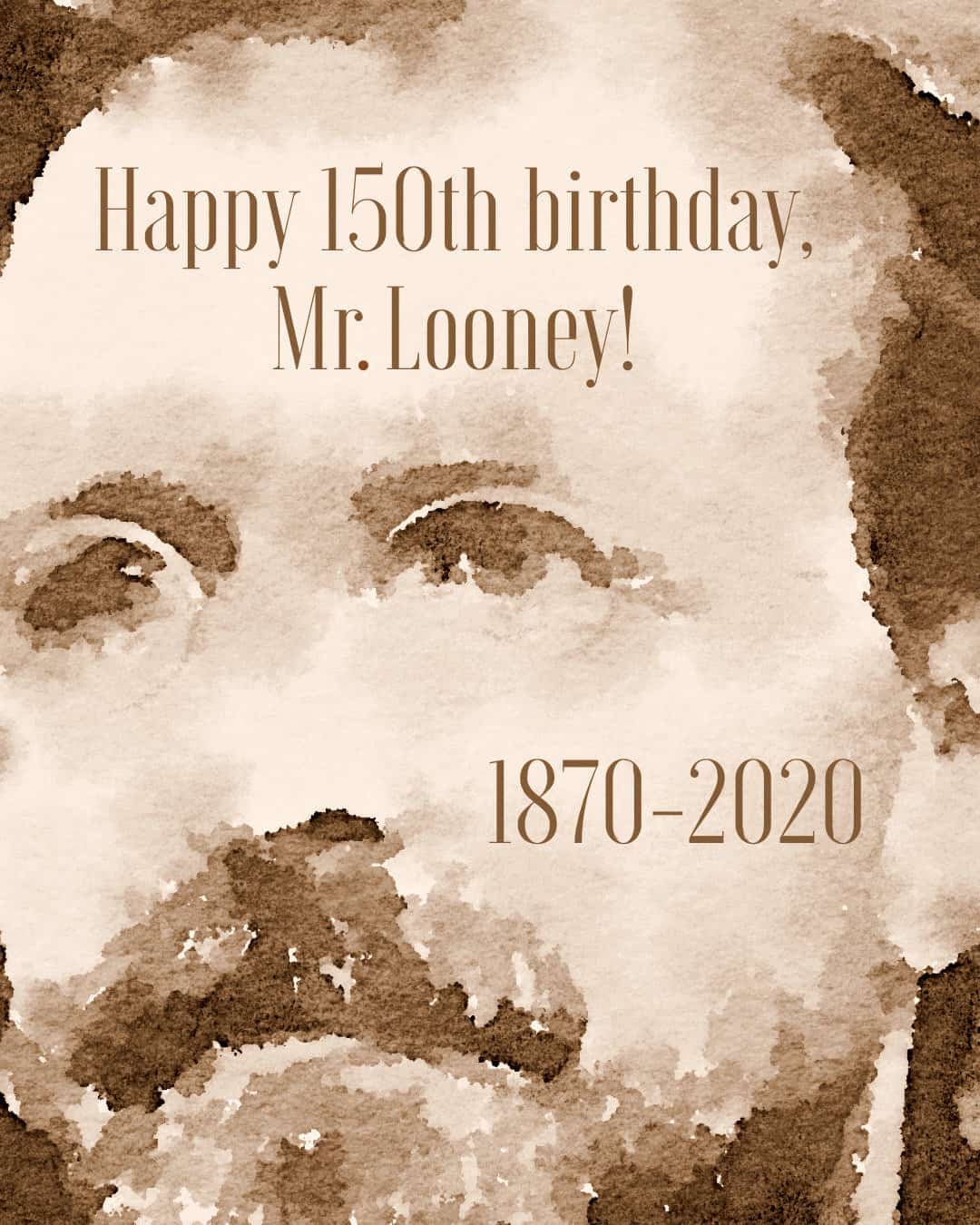 August 14, 2020 — One hundred and fifty years ago today on August 14, 1870, John Thomas Looney came into the world in the northeastern English seacoast town of South Shields near Newcastle-upon-Tyne.
August 14, 2020 — One hundred and fifty years ago today on August 14, 1870, John Thomas Looney came into the world in the northeastern English seacoast town of South Shields near Newcastle-upon-Tyne.
The baby boy would grow up to become the world’s greatest literary detective, using a profile method with 18 characteristics to reveal the identity of the author who used the pen name “William Shakespeare.” On the 4th of March in the year in which he turned 50, JTL published “Shakespeare” Identified in Edward de Vere the Seventeenth Earl of Oxford (1920).
Thus, 2020 is not only the centennial of the most revolutionary book ever written about Shakespeare, it is also the sesquicentennial of the author of that masterwork.
The Shakespeare Oxford Fellowship invites everyone to join us in celebrating both milestones.
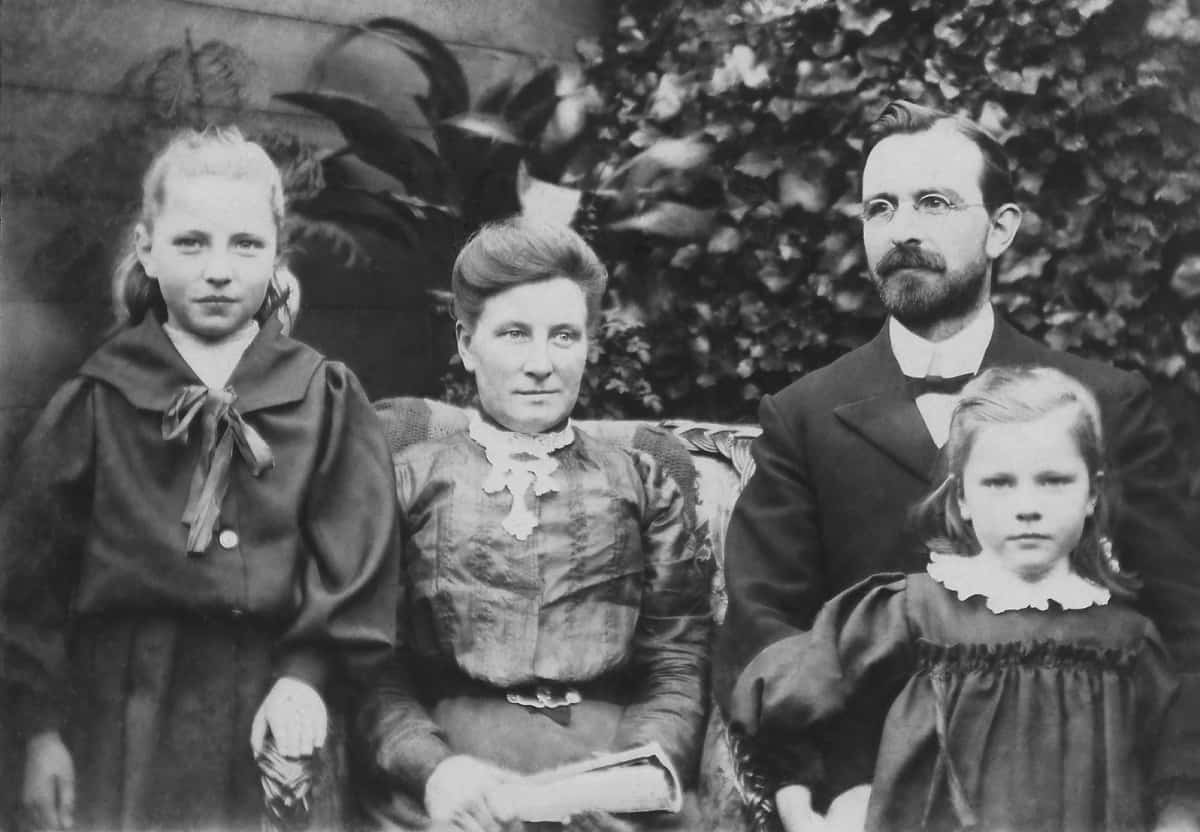
It is fitting, on the occasion of Looney’s 150th birthday, to shed some light on his family name, which (not surprisingly) has been the target of mockery ever since he dared to offer his solution to the Shakespeare mystery 100 years ago.
Looney’s family roots were on the Isle of Man. His Manx surname is an Anglicized form of the Gaelic O’Luanaigh — referring to a descendent of Luanaigh, a personal name derived from “luan” meaning “warrior.”
Looney and his family, we are told by his living descendants, always proudly and defiantly pronounced the name with a long “oo” as in Rooney (not “oh” as in Mahoney). In a 1937 letter to Charles Wisner Barrell, JTL recalled that friends and associates urged him to forestall mockery of his book by using a pen name. He declined, in part out of “the great respect” he felt for others who had borne the family name and because he believed “that the people for whom I write are not the kind … to whom the mere name of a writer would make any difference.” Some ironies lurk there!
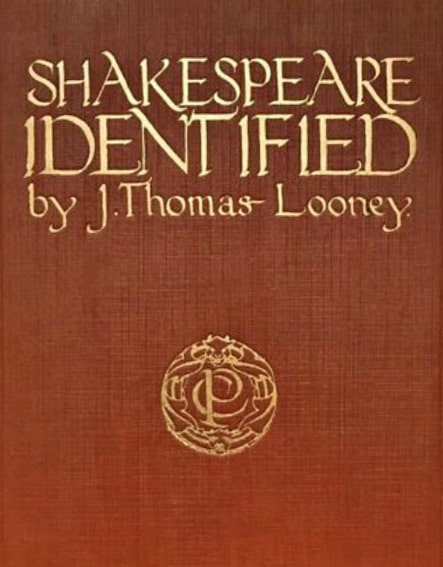
Looney’s principled insistence on writing candidly under his own name came at a cost. As he told Barrell, he “lost one of the foremost English publishers in consequence.” Cecil Palmer published the book in the U.K. on March 4, 1920, followed by the first American edition the same year. James A. Warren’s modern scholarly edition appeared in 2018.
In just the last four years, Warren has discovered hundreds of pages of letters and articles by Looney lost and unknown for most of the past century. Many of Warren’s findings were published in “Shakespeare” Revealed: The Collected Articles and Published Letters of J. Thomas Looney (2019). Warren has continued to find fascinating new material. His latest research into JTL’s impact on public opinion and academia will be published next year as Shakespeare Revolutionized.
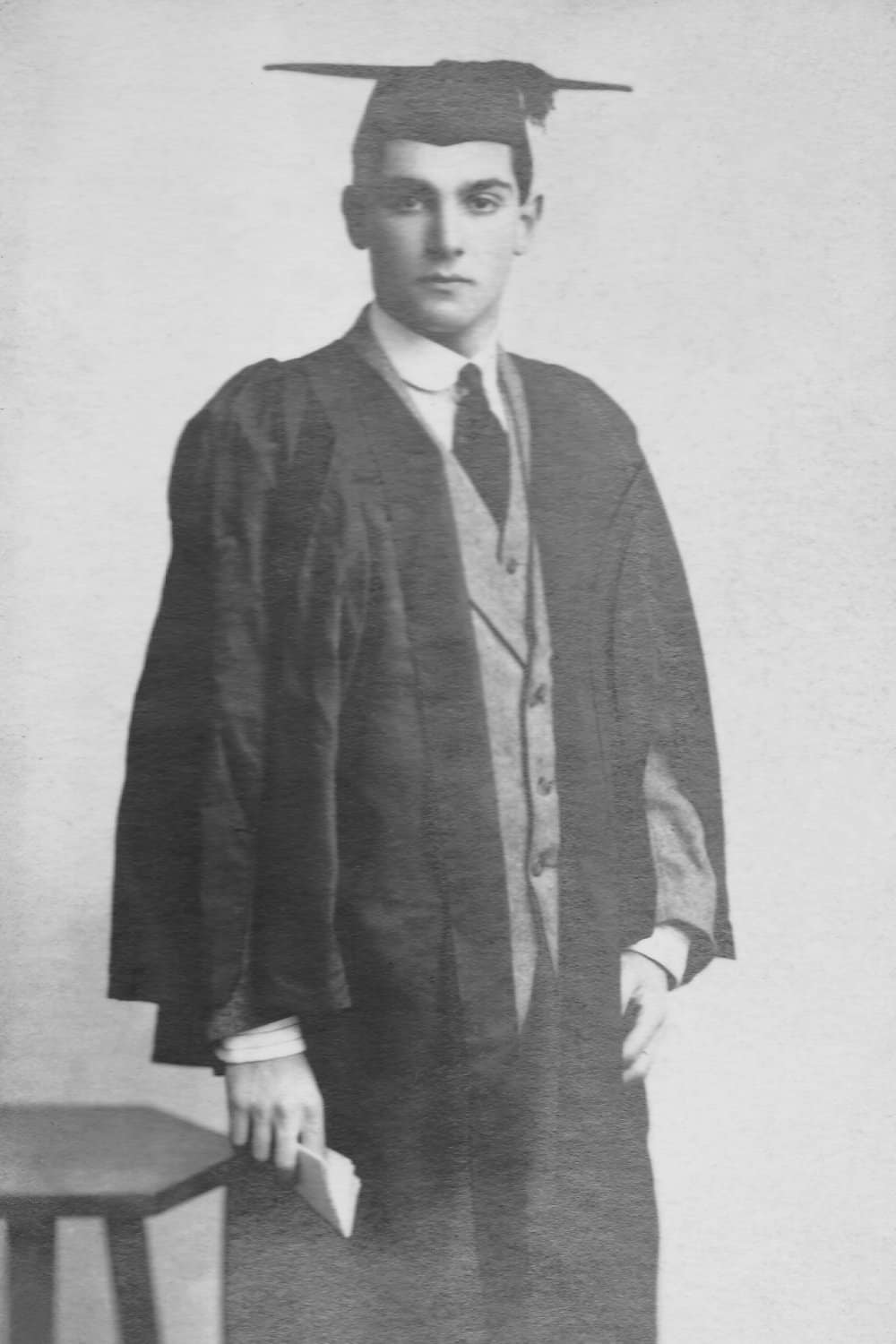
Warren gave the keynote address at the National Press Club Centennial Symposium on March 4, 2020, exploring how Looney’s insights have changed our understanding of the author “Shakespeare,” his plays and poems, the Elizabethan era and theatre, and the nature of genius and literary creativity. (Update: Warren presented more insights, and was honored as Oxfordian of the Year, during the online Symposium on October 2–3, 2020.)
We have gained tantalizing glimpses of Looney himself — a brilliant, independent-minded, yet modest and unassuming scholar by avocation; a dedicated school teacher by profession; a beloved family man above all. His critics have largely refused to confront his evidence-based analysis in any serious or constructive way. They resort instead to irrelevant ad hominem smears and false innuendo — often falling back on the tiresome, pathetic, and childish ridicule we have seen of his distinguished family name. Could anything betray more tellingly the bankrupt weakness of the traditional Stratfordian theory?
Looney conducted most of the research for his groundbreaking work at the Literary and Philosophical Society Library in Newcastle-upon-Tyne, England. Read here the celebratory article about Looney and his book published in The Lit & Phil newsletter, written by SOF members Kathryn Sharpe and Bryan H. Wildenthal.
Although a quiet and reclusive scholar for the most part, Looney was a good match for the true meaning of his name. He certainly had to be a “warrior” to shoulder his life’s major work. Warren’s studies reveal that Looney engaged much more intensely than was previously known in defending and substantiating his Oxfordian hypothesis.
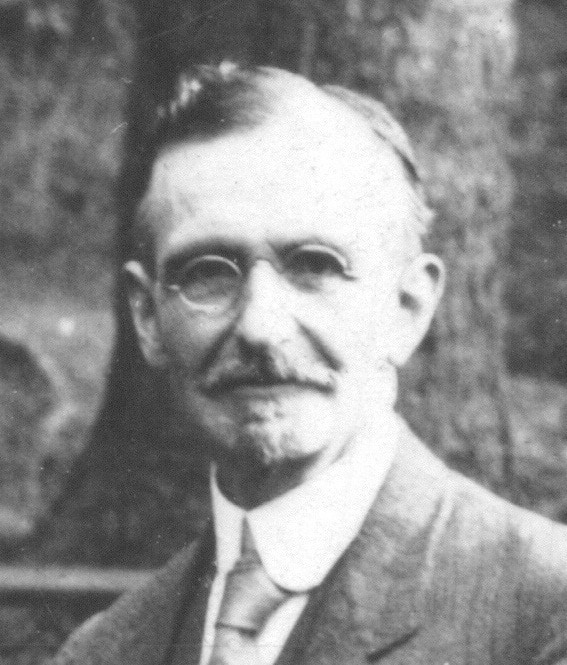
As Warren puts it: “John Thomas Looney was a fighter — mild-mannered on the outside, perhaps, but with a spine of steel inside” (“Shakespeare” Revealed, p. iv).
As Looney himself put it in a letter published May 21, 1920: “I was well aware that, in propounding a new theory of Shakespearean authorship, I was exposing myself to as severe an ordeal as any writer has been called upon to face …” (Bookman’s Journal, in “Shakespeare” Revealed, p. 17).
We note that all our celebrations of the Looney Centennial and Sesquicentennial this year have benefitted greatly from the design expertise of Jennifer Newton, Kathryn Sharpe, and Catherine Hatinguais, among others. The SOF Centennial Committee, chaired by Linda Bullard with the generous support of Joella Werlin and many others, continues to coordinate all our on-going celebrations (see update here).
Here’s to you, Mr. Looney, on your Sesquicentennial — with gratitude from all of us in the Shakespeare Oxford Fellowship!
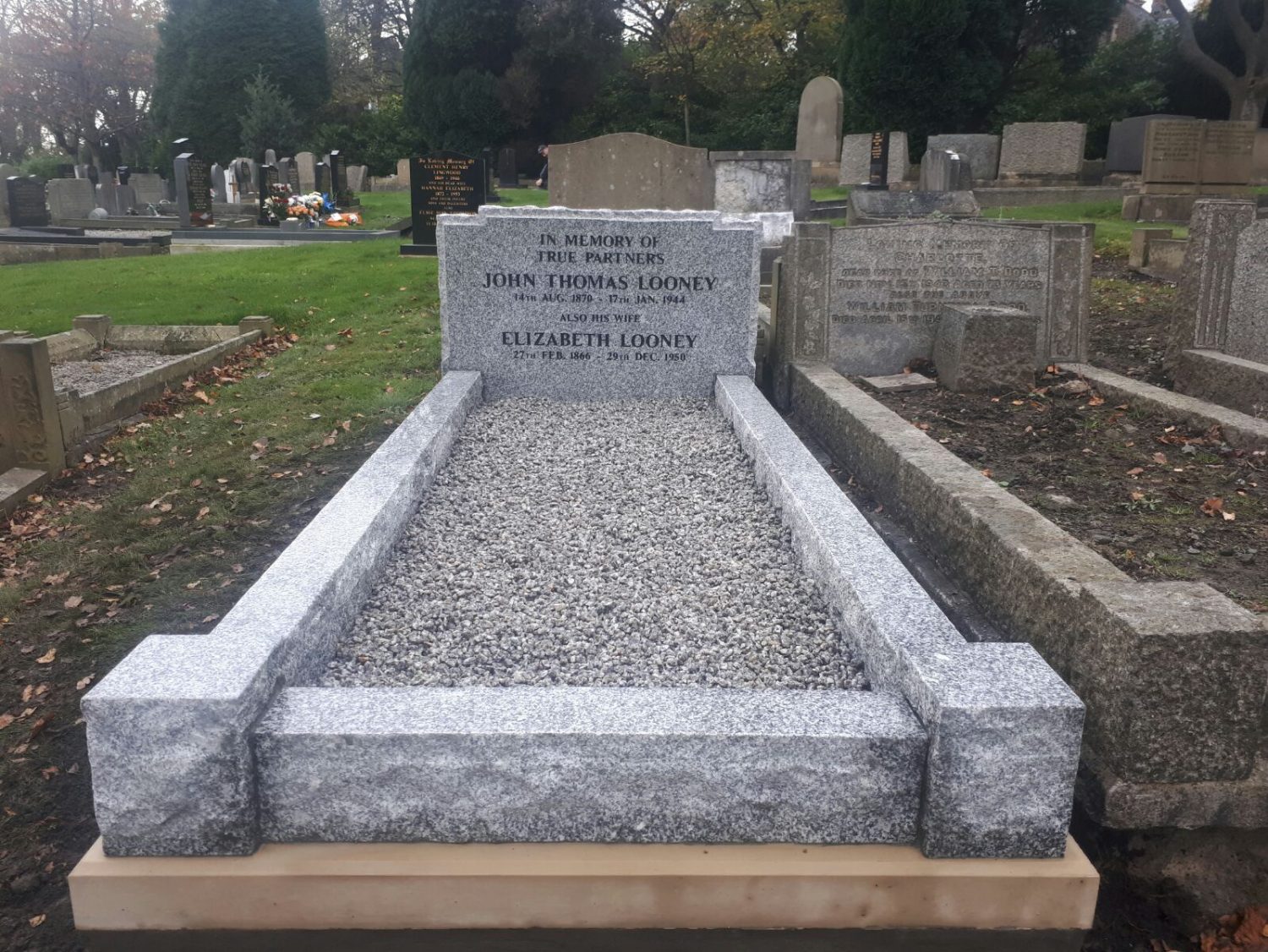
[published Aug. 14, 2020, updated 2021]
Membership dues cover only a fraction of our budget, including all our research, preservation and programming. Please support the SOF by making a gift today!
Blue Boar Tavern: Wassail Q&A
Tuesday Dec. 17, 8pm E / 5pm P
Sign up below for event invites!
